-
Connie and Rosalba
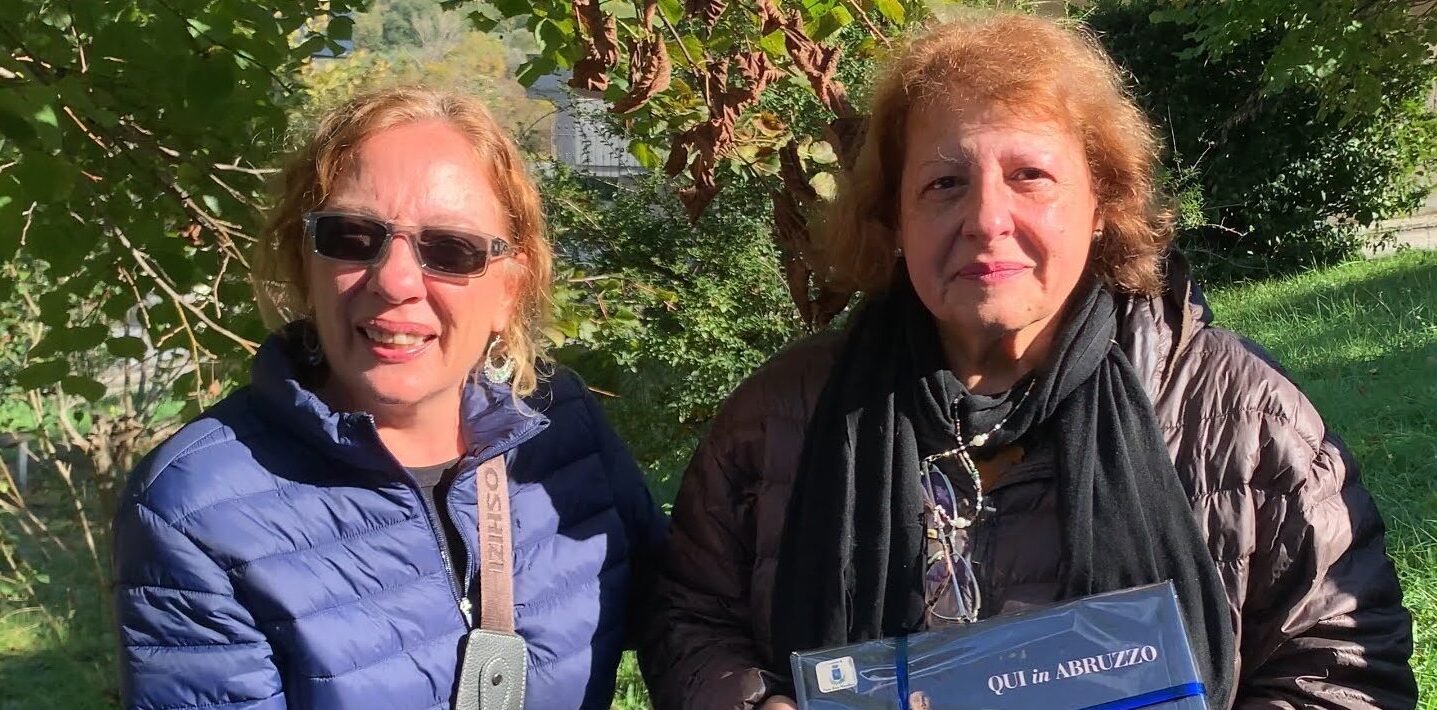
From Argentina and the USA to Abruzzo
Their lives have always run parallel between the United States and Argentina. Now, thanks to Italea, they have finally crossed paths.
read more -
Matheus
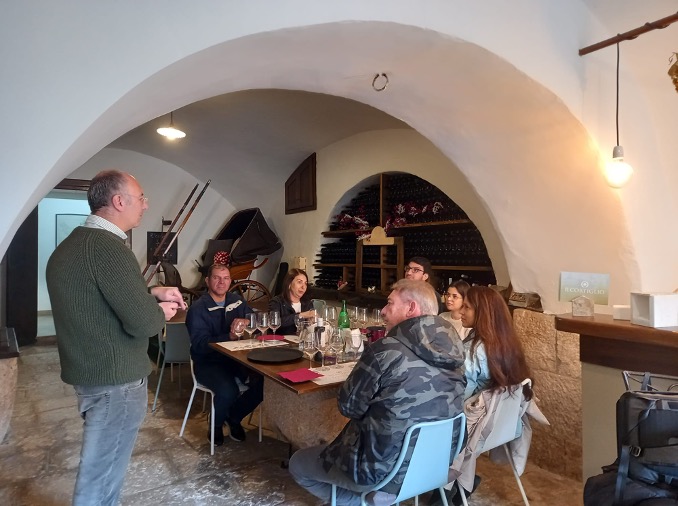
From Belo Horizonte to Fontanarosa
From Belo Horizonte to Fontanarosa, an exciting experience to learn about one’s roots.
read more -
Jimena

From Argentina to Calabria
Italea welcomes Jimena Grandinetti: the Argentine TV host and influencer travels to Lamezia Terme rediscovering her Italian roots
read more -
Andrea

From Lanús to Duronia
Andrea Grieco, an Argentinian from Lanús, visited the small village in the province of Campobasso where her ancestors came from.
read more -
Elizabeth
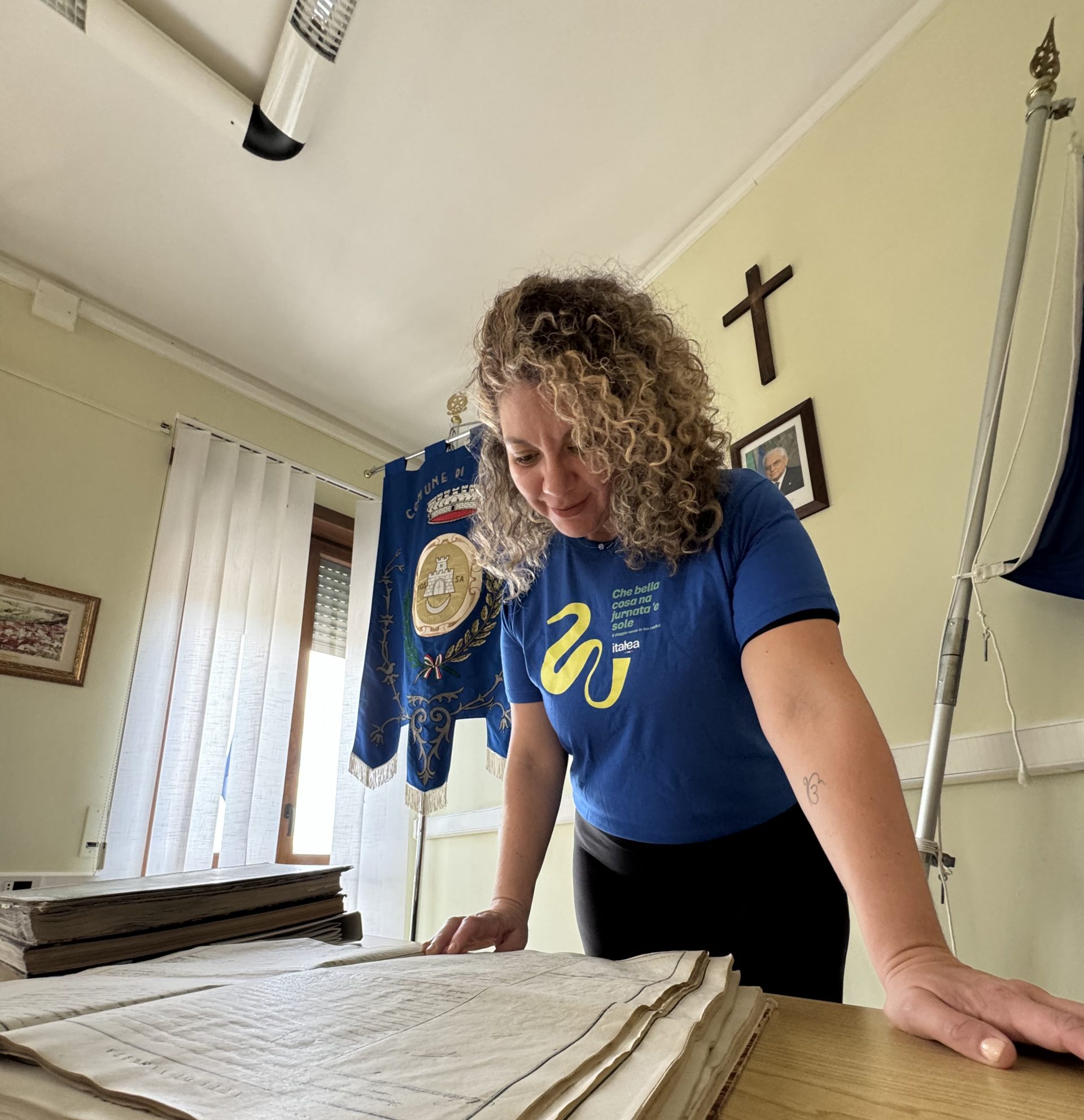
From Argentina to Abruzzo
A roots journey for the Italian-Argentine violinist. Her music is deeply rooted in her family’s history: her grandfather had a prolific musical career as an immigrant in America.
read more -
Daniel
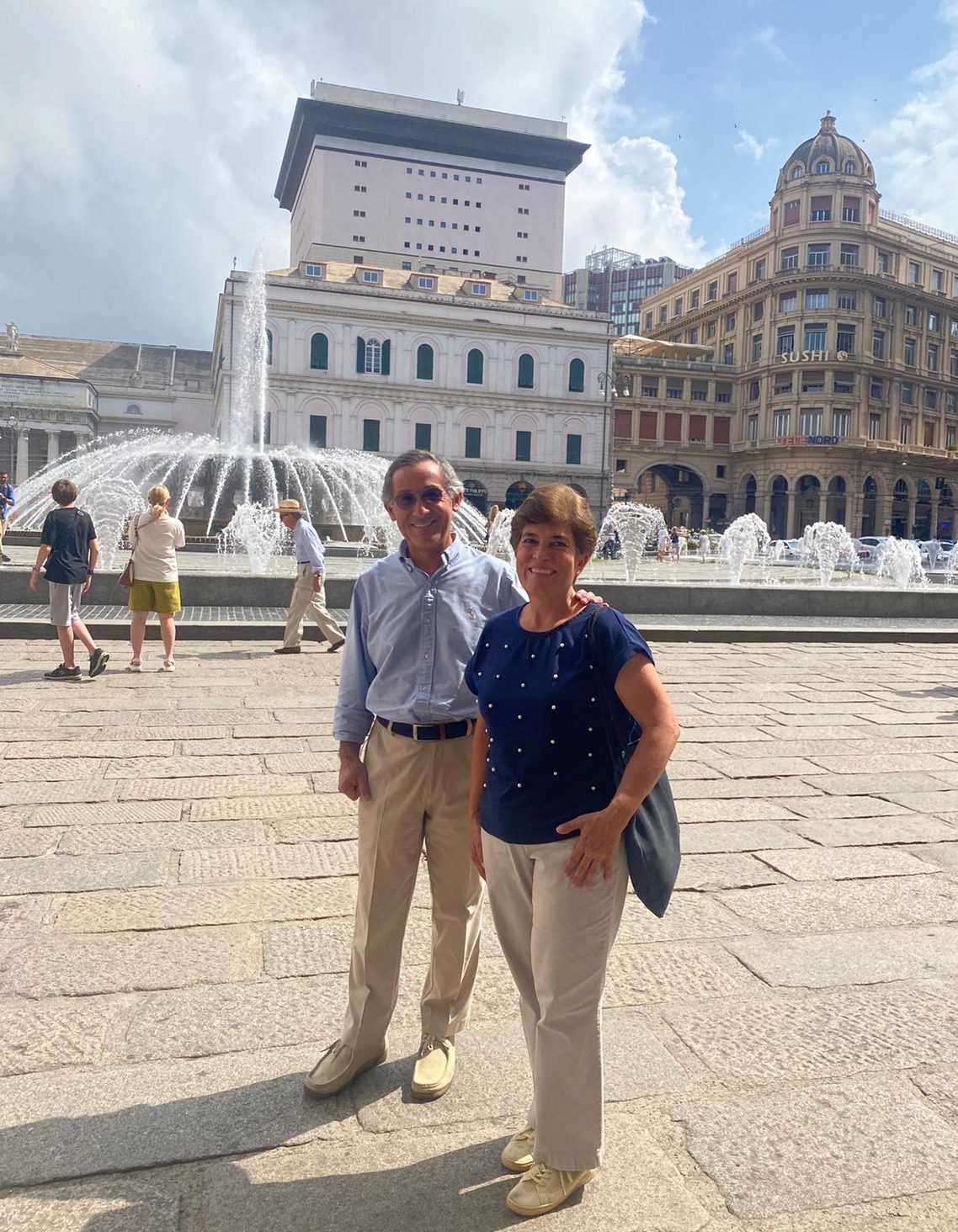
From Bogotá to Genoa
Accompanied by his wife Silvia, he visited our Country retracing the steps of his great-great-great-grandfather Dioniso, who left Imperia for South America in 1830
read more -
Hektor
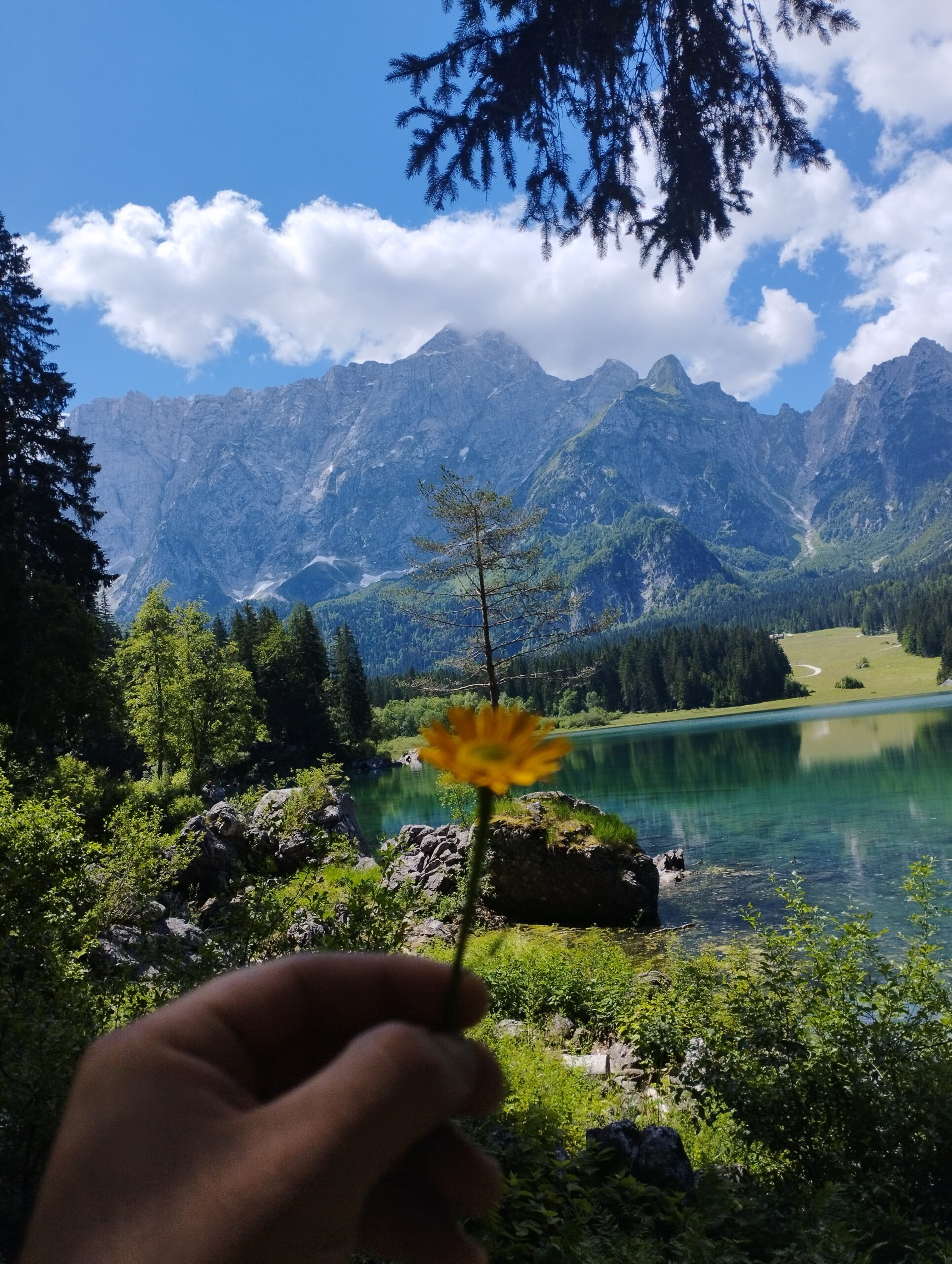
From Rio Grande do Sul to Poffabro
From Rio Grande do Sul to Poffabro. A story of emigration that began with great-grandfather in 1889.
read more -
Costanza

From Santiago de Chile to Rimini
The exciting return to Rimini from Santiago, Chile, where his great-grandfather emigrated in 1938.
read more -
James
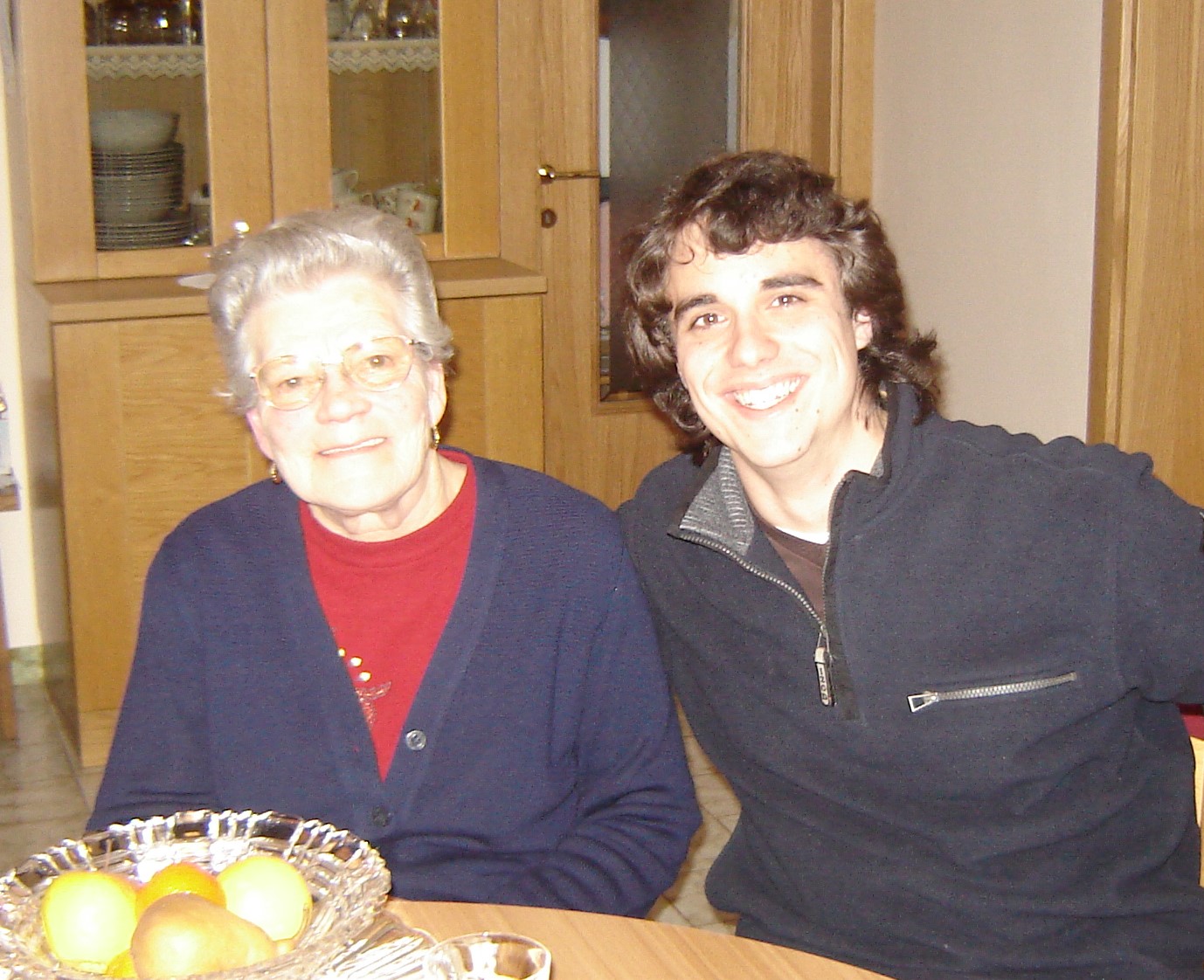
From Pennsylvania to San Lorenzo in Banale
From Verona in Pennsylvania to San Lorenzo in Banale in Trentino, a town located in the Giudicarie Valleys.
read more -
Shannon

Houston to Alvito Lazio
From America to Lazio to arrive in Alvito from which ancestors emigrated years ago.
read more -
Francisco

From Buenos Aires to Castelpizzuto
A journey from Argentina to Castelpizzuto to learn about their origins in Molise.
read more
Subscribe to the Italea newsletter
Don't miss updates and tips on your root travels!
-
Where can I find information about my ancestors?
The indispensable sources are generally of two types: private ones, therefore personal memories, oral stories handed down from generation to generation, family archives including documents, letters and photographs; the public ones, also called “serial”, present in the various state, regional, provincial, municipal and ecclesiastical archives.
-
I live abroad and I know I have Italian origins from my surname, but I don't have any further information at the moment. How can I proceed?
If you would like to find out more about your Italian origins based on your last name, here are some steps you could take:
Gather all available documents: Search for birth, marriage and death certificates of or your parents, grandparents and great-grandparents. These documents can contain valuable information about your origins, such as your place of birth and important dates.
Talk to elderly relatives: Elderly family members may have memories or stories passed down orally that could help you in your research. Ask them questions about family history and ancestry.
Family photos: Family photographs may provide visual clues, such as places or events, that may relate to your family’s Italian origins.
Family correspondence: Letters, diaries, and other written documents may contain details about family origins, such as place of birth and important dates.
Once you have collected as much information as possible, you can search for your origins by consulting the “find your origins” page, you will find links to the services provided by the most accredited global organizations that offer family history research tools, or you can directly ask genealogists for a quote.
-
What are the documents that would help me trace my family roots?
To trace your family roots, there are several documents that may be helpful. The availability of these documents may vary depending on the historical period and geographic region.
Birth, marriage and death certificates: These official documents are often kept in civil registry offices or State Archives. They contain important information such as names of parents, spouses, dates and places of birth, marriage and death.
Parish Records: Much genealogical information is kept in church records, such as baptisms, marriages and burials. These records can date back as far as the 16th century.
Censuses: National or local censuses provide information on household composition, occupations, and other details about daily life. Censuses are usually conducted periodically.
Immigration Records: If your ancestors moved from one country to another, immigration records can provide important information, such as arrival date, place of departure, and occupation.
Wills and Probate Deeds: These documents can provide details about how property and assets were distributed among family members after an individual’s death.
Family photographs: Photographs can be invaluable in identifying people and reconstructing family history.
Family Correspondence: Letters, diaries, and other written documents may contain details about daily life, family events, and relationships.
Military Records: If your ancestors served in the military, military records may contain information about their service, rank and position.
Naturalization Records: If your ancestors became citizens of a country other than the country of birth, naturalization records can provide details about this process.
Family Stories: Talk to older members of your family to gather stories, anecdotes, and traditions that may help you in your search.
Research on an ancestor must always start from some known data, possibly at least the name or surname. The more elements of knowledge you have (birth, death, marriage, places, dates, etc.) the more chances you will have of finding what you are looking for.
-
How can I start genealogy research knowing only my family's surname?
To carry out a search in the civil status documentation it is necessary to know, in addition to the year, also the place of origin. In the absence of other clues, it is advisable to try to identify in which municipalities a particular surname is widespread.
Here are some sites that may be useful to you:
– Cognomix
– Mappadeicognomi
– Family Search -
Are there websites that offer resources for genealogical research where it is possible to consult civil status documents online?
Of course, there are several websites that offer resources for genealogy research. Here are some of the best known:
Ancestors: Allows the user to consult free of charge digital reproductions of civil status registers, military service lists, matriculation rolls and other genealogical and personal documents, stored in the individual Italian State Archives.
FamilySearch: A free site operated by The Church of Jesus Christ of Latter-day Saints (Mormons), offering access to a large collection of family history records from around the world.
-
Is there a site where it is possible to consult the lists of migrants who left from the main Italian ports?
CISEI: has several databases containing information on millions of Italian migrants.
By entering the person’s data you will be able to find out the date, place of departure and destination, and get information on travel, sea travel and family members. In the luckiest cases you could even read a short story of the migratory experience. -
Can I personally access historical documents or local archives to research my genealogy?
Yes, in the State and Diocesan Archives. Reservations and – in some Diocesan Archives – an access fee are often required. As regards documents stored in parishes and municipalities, those responsible for documents act differently from case to case.
-
How can I establish contact with relatives in my family?
Talk to Close Family Members: Start by talking to the family members closest to you, such as parents, grandparents or uncles nad aunts. Ask them for information about more distant relatives, including names, locations and any contacts they may have.
Use Social Media: Platforms like Facebook, Instagram and Twitter can be used to search for your relatives’ names and make contact. Many people use social media to stay in touch with distant relatives.
-
How can I find my ancestors' home?
Here are some steps you could take to search for your ancestors’ home:
Documents and records:
– See family documents, such as birth, marriage and death certificates, which may contain clues to residency.
– Explore parish registers, censuses and other local documents that may indicate the address of the house.
– An important resource is also the real estate registry office, whose consultation however requires a certain degree of familiarity.Collect family information:
– Ask elderly relatives or family members if they have information on the location of the ancestral home.
– Look for family photos that may show the home or provide clues to its location.Visit the location:
– If possible, visit the location where your ancestors are thought to have lived. Ask elderly residents if they have any information about your family.Historical photos and maps:
– Examine historical photos and maps of the area to identify any changes in the urban or rural landscape over the years.Request assistance from the municipal offices
– Contact municipal offices to obtain information on the history of the area and to request assistance with research. -
How can I find the tomb where my ancestor is buried?
If you know the place of death of your ancestor, go to the municipal cemetery. Cemeteries often have offices that can help you find the location of a grave. If they are not present in the cemetery, go to the municipality and ask the office in charge of cemetery services.
Cemetery or municipal staff may have records or maps indicating the location of graves. Give them all the information you have about your ancestor. There are also technological tools, such as the Aldilàpp app, in which the paper archives of the cemeteries of the Municipalities that have decided to join this important innovation can be consulted in digital form.
However, given the management policies of cemeteries in Italy, the oldest burials (over 80 years old) have often been abandoned with the remains transferred to common ossuaries. -
Can I obtain Italian citizenship while traveling to my region/city of origin?
The Italea program does not provide support for the practice of obtaining Italian citizenship but allows you to live an immersive travel experience aimed at discovering your roots. If you are interested in obtaining Italian citizenship by descent, at the following link you can find all the info you need